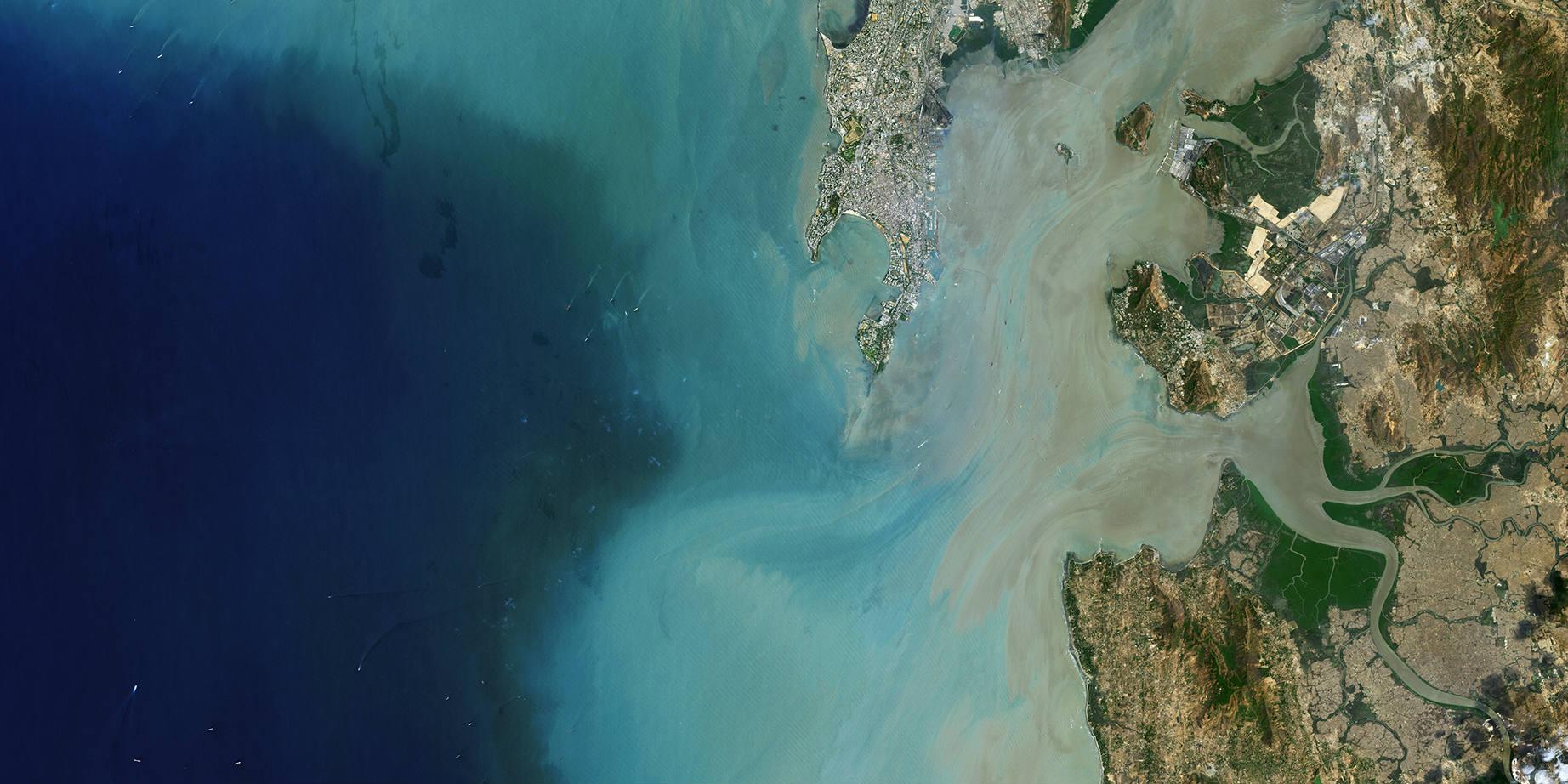
In the second meeting in the cities series, witnesses helped us to think about how we can bring different kinds of data sets together to assess vulnerability and risk in cities.
Our first witness was Rowan Douglas, the CEO Capital, Science & Policy Practice at Willis Group, a global risk advisor, insurance and reinsurance company. He also spoke briefly on behalf of Dr Ana Gonzalez Pelaez, a Fellow at the Cambridge Institute for Sustainability Leadership (CISL), who was not able to come to the meeting. He joined Dr Emily Shuckburgh, a climate scientist and deputy head of the Polar Oceans Team at the British Antarctic Survey.
Wicked problems and questions generated by the open discussion
Is the ‘1 in 200 years’ criterion for insurance always appropriate? Such a criterion may overlook large, rare risks. For insurers, 1 in 200 years represents a minimum capital requirement but most companies will consider longer-term risks. Although the insurance industry has found this metric useful, society has to decide on what is appropriate as a minimum standard of resilience in different contexts (e.g., for insurance, New Zealand has now increased its standard to 1 in 1,000 years). A minimum requirement may force organisations to assess and disclose their risks and hold contingent capital or resources and promote conversation about managing extremes.
Is climate change currently too difficult for society to manage? How do you engage communities that are not directly affected by disaster? Perhaps an improved understanding and disclosure of risk will help people make informed decisions.
How do we manage uncertainty? In creating a coherent framework how do you deal with techno-scientific risks which may be new and qualitatively different than previously categorised risks or more abstract challenges like the threat to biodiversity or mental health issues in society? Furthermore, how do we build resilient systems without knowing the exact risk? Is there a danger that by having metrics you neglect areas that are less quantifiable? Often assessment gets reduced to a cost benefit analysis which can overlook things that cannot be easily valued.
How can you insure something when its scale or value is not yet known? In part, the insurance industry always attempts to value any risk regardless of the knowledge base (guessing rather than ignoring if necessary), and one proposed solution is to do more work in valuing and legislating protection for our more abstract assets such as ecosystem services. A focus on exposure to loss rather than the actual hazard also mitigates some of this uncertainty. Creating coherency with regard to our language and frameworks and incorporating them into legal, financial and other major human systems is crucial. Ideally this would include open platforms for modelling being made available to the wider community.
Are we capable of handling complex data? We can often take steps to simplify our data to give global conclusions (such as average temperature), but for creating adequate response frameworks you need more local information which increases the need for data and managing uncertainty. Machine learning may help in this regard but it is not at the stage where it can replace judgement, policy and meaning abstraction.
What is the exact relationship between risk, the government and the individual? Is there a danger that our current situation creates a narrative whereby the government acts as ‘hero’ protecting the individual in need of rescuing, thus negating individual responsibility?
Should we be using a utilitarian framework to value our future? There are different ethical theories which could influence how we would understand and value human benefit and wellbeing. Risk, resilience and sustainability are all concepts that garner meaning from ethical and political choices. Can such terms be considered purely technical when different people will imagine and accept different futures and risks?
For more information about these meetings, please follow the links on the right or e-mail Dr Konstantina Stamati (ks712@cam.ac.uk)
